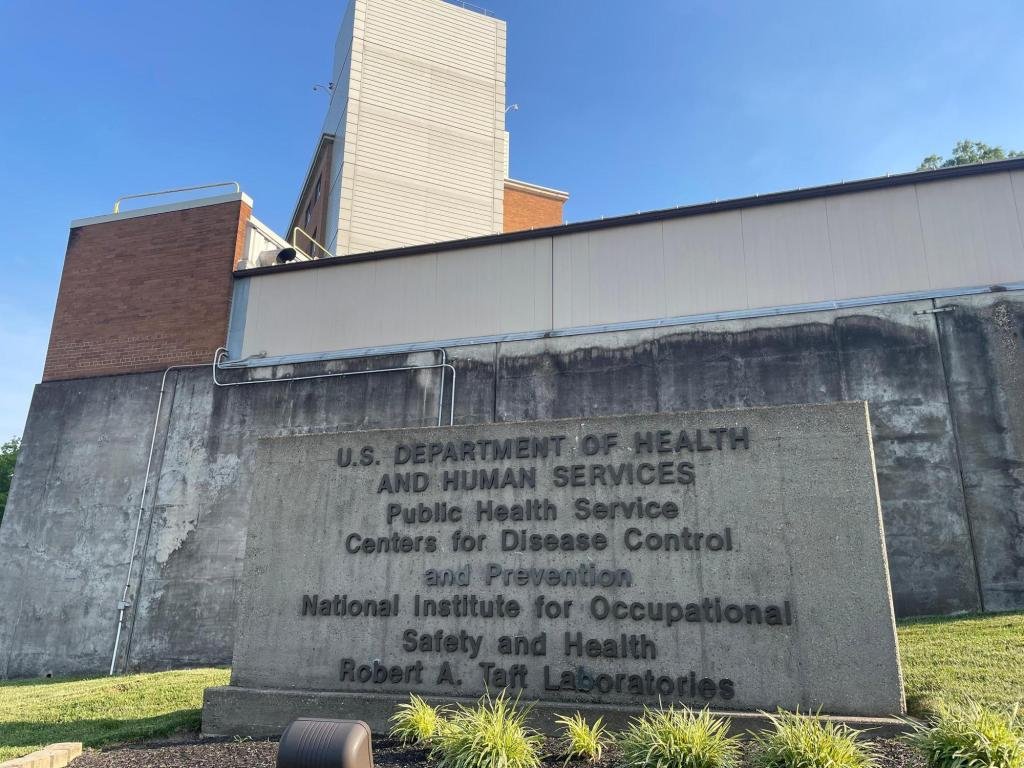Addressing Workplace Mental Health: The Role of NIOSH and Recent Challenges
In recent years, workplace mental health has emerged as a crucial concern, with initiatives blossoming across the United States to support employees grappling with issues such as addiction and burnout. In Connecticut, for instance, construction workers affiliated with the Local 478 union are paired with recovery coaches to assist them during their transition back to work after completing addiction treatment. Similarly, the healthcare sector in Pennsylvania has seen progress, as clinicians applying to Geisinger hospitals are no longer subjected to invasive inquiries regarding their mental health care history. Both efforts reflect a significant shift in how organizations view and address mental health in the workplace.
The National Institute for Occupational Safety and Health (NIOSH), a federal agency founded in 1970, plays a pivotal role in these advancements. It has been instrumental in championing workplace mental health initiatives, particularly in sectors like construction and healthcare, where professionals routinely encounter high levels of stress and risk. Shockingly, the agency’s efforts are now under threat due to recent administrative changes that have resulted in massive staff layoffs and budget cuts. The implications of this erosion of support are concerning, especially given that workplace stress contributes to around 120,000 deaths annually in the U.S.
Despite these setbacks, experts in the field remain hopeful about the future of workplace mental health. Industry leaders like TJ Lyons, a longstanding safety professional in the construction sector, argue that private companies recognize the necessity of mental health resources and are increasingly integrating them into their budgeting processes. Lyons cites examples of high-profile projects where mental health clinicians are readily available to workers, indicating a shift toward more supportive workplace environments. Furthermore, the smooth implementation of these services demonstrates that mental well-being is gradually being accepted as a crucial component of occupational safety.
The progress made in workplace mental health is undeniably significant, but the trajectory is once again at risk. With the Trump administration’s recent cutbacks to NIOSH’s budget and staffing, fears are mounting that vital research and programs designed to prevent mental health crises could be halted. As various states and organizations aim to fill the gap through private-sector initiatives and non-profit endeavors, they are likely to encounter challenges regarding funding and effectiveness. Established frameworks like NIOSH’s Total Worker Health approach, which integrates mental and physical health, might not receive the same level of attention or resources from private entities.
For many healthcare workers, the stakes are particularly high. After reporting alarming rates of burnout and mental health crises during the pandemic, NIOSH received funding to support a nationwide campaign aimed at bolstering mental health for healthcare professionals. The agency’s comprehensive guides have helped hospitals implement better policies and practices to support staff. However, without federal backing, the advancement of these resources could stall, leaving healthcare workers vulnerable. Activists like Corey Feist, co-founder of the Dr. Lorna Breen Heroes’ Foundation, continue to advocate for renewed federal funding to sustain this essential work.
While larger companies in industries such as construction and healthcare are making strides, critics remain skeptical about the ability of private entities to replace federal initiatives. The lack of a unified national approach may leave smaller organizations and sectors underserved. Despite some companies committing to workplace mental health programs, adherence may vary depending on the organization’s leadership and bottom-line focus. Experts warn that absent a strong federal presence, mortality rates among workers could worsen, as employees may exit the workforce or be unprepared to seek help.
In summary, workplace mental health represents an urgent issue that needs ongoing attention and resources. The initiatives taken by organizations in Connecticut and Pennsylvania spotlight progress, yet the challenges posed by budgetary cuts at the federal level threaten to undo this significant work. NIOSH’s role remains indispensable in advocating for research-backed strategies to support employee mental health. As the dialogue surrounding workplace wellness continues to evolve, a collaborative effort between federal agencies, private organizations, and nonprofits will be essential to fostering healthier and safer working environments nationwide.









